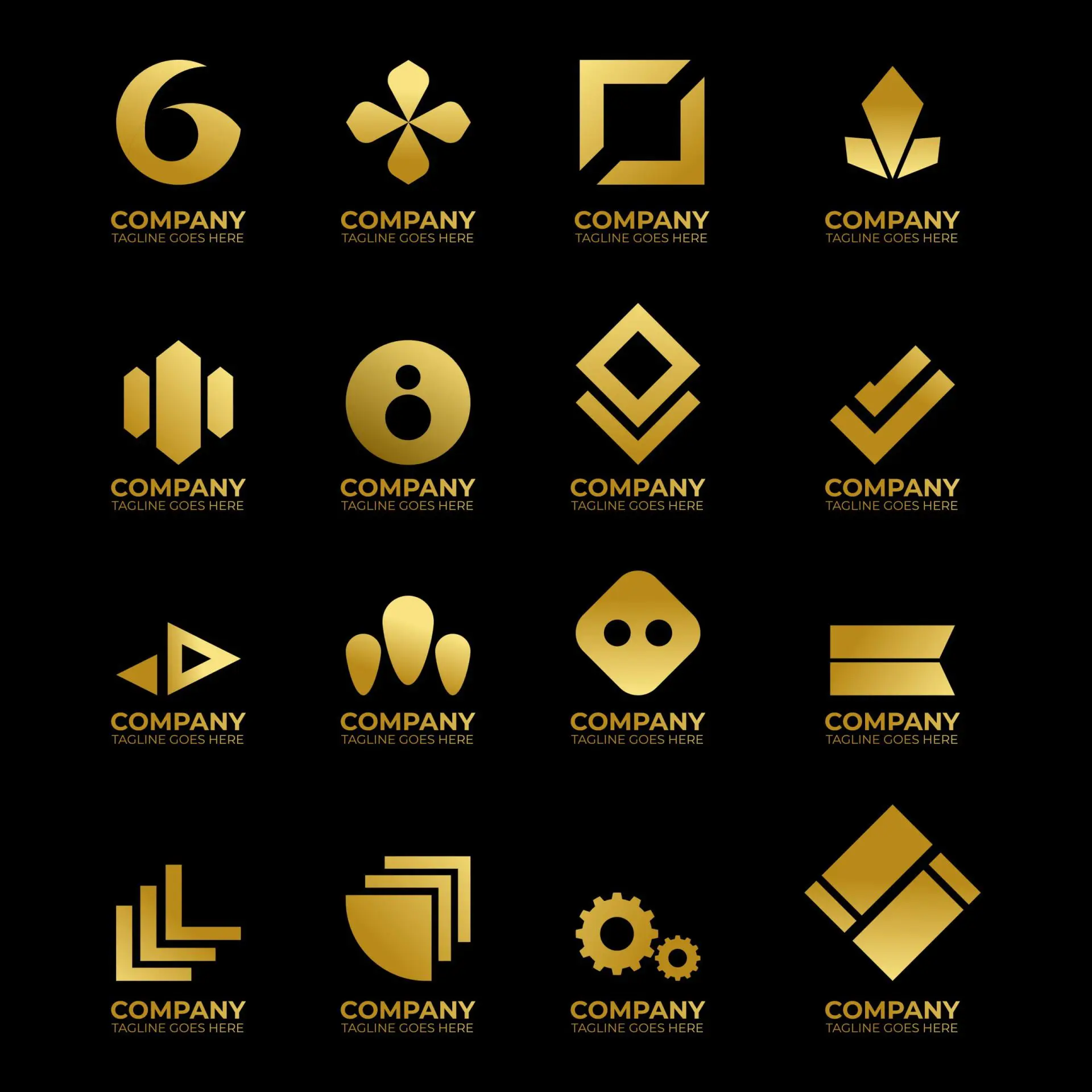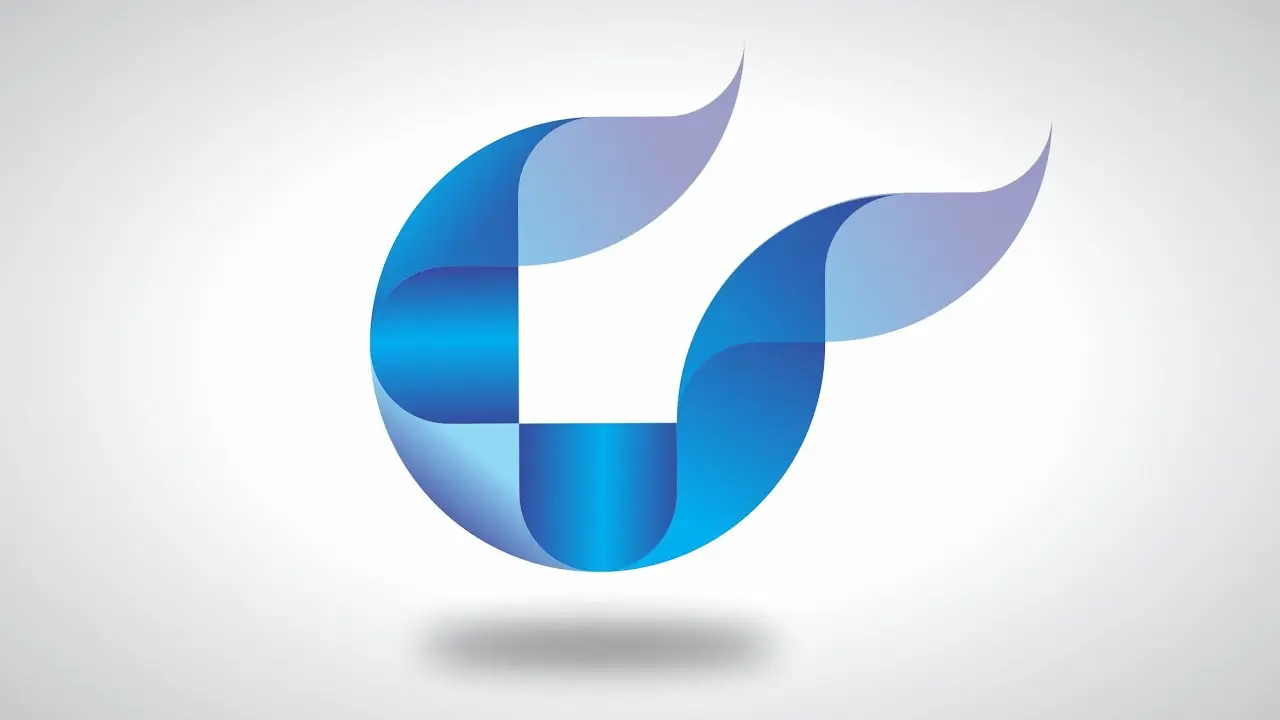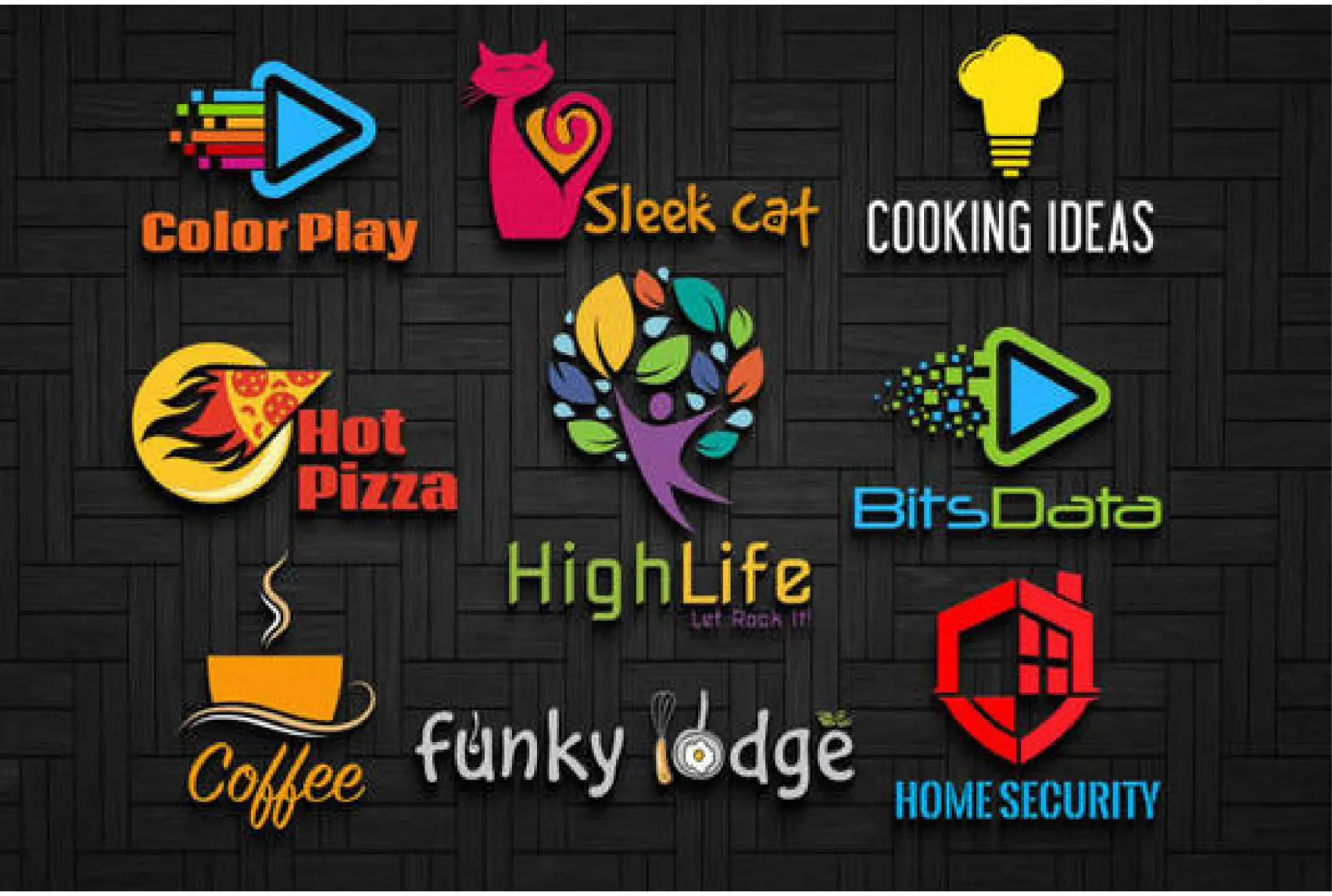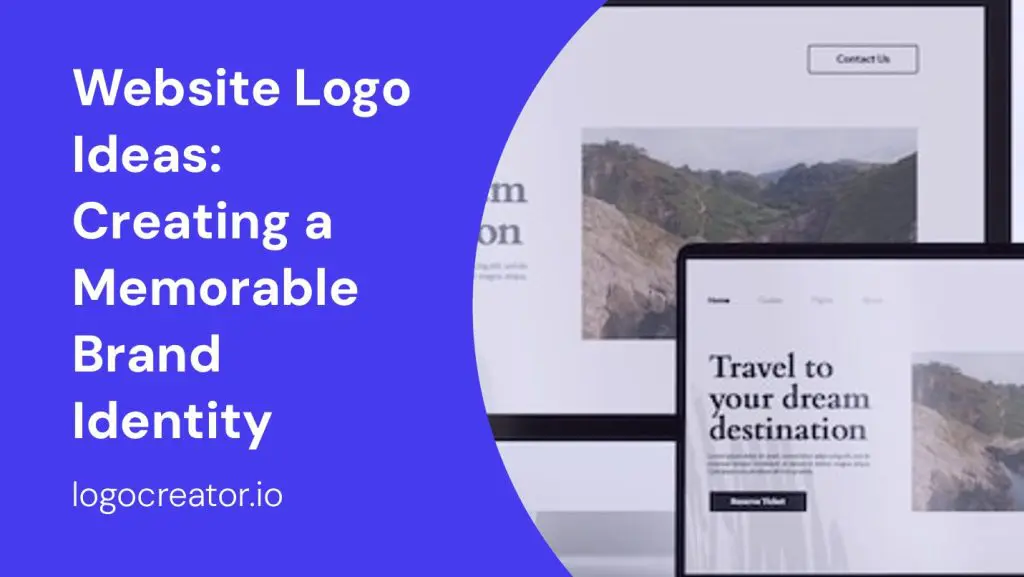Are you looking to establish a strong online presence with a visually appealing website logo? A well-designed logo can serve as the face of your brand, making a lasting impression on your target audience. In this article, we will explore various website logo ideas and provide you with valuable tips to create a memorable brand identity. Let’s delve into the world of website logo design and discover inspiring ideas to help you stand out from the crowd.
The Importance of a Website Logo

Before we dive into logo ideas, let’s understand the significance of having a well-crafted logo for your website. Your logo is a visual representation of your brand and plays a crucial role in establishing brand recognition and credibility. Here are a few reasons why a website logo is important:
1. Brand Recognition
A professionally designed logo helps your target audience recognize and remember your brand. When people see your logo, it should instantly evoke a connection with your brand and its values. Invest time and effort in creating a logo that embodies the essence of your brand identity. Hiring branding experts can help to establish exactly what message you are trying to convey, branding agencies like Clay or DigitalSilk are leaders in the field so you can check out some of their work.
2. Credibility and Trust
A visually appealing logo can enhance the credibility and trustworthiness of your brand. A poorly designed or outdated logo can give the impression that your website is not trustworthy or professional. By investing in a well-designed logo, you can establish a positive first impression and build trust with your audience.
3. Differentiation
In a competitive online landscape, standing out from the competition is crucial. A unique and eye-catching logo can differentiate your brand from others in your industry. It’s important to create a logo that reflects your brand’s unique selling proposition and captures the attention of your target audience.
Key Elements of an Effective Website Logo

Now that we understand the importance of a website logo, let’s explore the key elements that make a logo effective:
1. Simplicity
Simplicity is the key to a memorable logo. A cluttered or complex logo can confuse your audience and make it difficult for them to identify and remember your brand. Aim for a clean and minimalist design that conveys your brand message effectively.
2. Relevance
Your logo should be relevant to your industry and target audience. Consider the nature of your business and the emotions you want to evoke when designing your logo. For example, a logo for a children’s clothing brand may incorporate vibrant colors and playful elements, while a logo for a law firm may use more sophisticated and professional elements.
3. Scalability
Your logo should be scalable and look good at various sizes. It should be easily recognizable whether it’s displayed on a small mobile screen or a large billboard. Avoid intricate details that may become indistinguishable when scaled down.
4. Versatility
A versatile logo can be used across different platforms and mediums. Ensure that your logo works well in both digital and print formats. Consider how it will appear on your website, social media profiles, business cards, and other marketing materials.
5. Timelessness
While it’s important to stay current with design trends, a logo should also have a timeless quality. Avoid following fleeting design fads that may quickly become outdated. Aim for a logo that can stand the test of time and remain relevant for years to come.
Inspiring Website Logo Ideas
Now that we’ve covered the key elements of an effective website logo, let’s explore some inspiring ideas to help you create a logo that represents your brand identity:
1. Wordmark Logo
A wordmark logo focuses on typography and uses the name of your brand as the primary element. Think of well-known brands like Coca-Cola or Google. This type of logo can be simple yet impactful, especially if you have a unique and memorable brand name.
2. Iconic Logo
An iconic logo uses a symbol or an abstract design to represent your brand. Consider using a simple yet distinctive shape or symbol that encapsulates the essence of your brand. Examples of iconic logos include Apple’s bitten apple and Nike’s swoosh.
3. Combination Logo
A combination logo combines both typography and an icon to create a visually appealing design. This type of logo allows for flexibility and can be used with or without the icon, depending on the context. It provides a balanced representation of your brand.
4. Minimalist Logo
Minimalist logos have gained popularity in recent years. They rely on clean lines, simple shapes, and a limited color palette to create a visually striking design. Minimalist logos are often timeless and can convey a sense of sophistication and modernity.
5. Monogram Logo
A monogram logo uses the initials or the acronym of your brand name to create a unique and stylized design. This type of logo can be both elegant and memorable, especially if your brand name consists of multiple words or has a long name.
Remember, these are just a few logo ideas to inspire you. The key is to create a logo that aligns with your brand identity and resonates with your target audience. Experiment with different concepts and seek feedback from others to refine your design.
Tips for Designing Your Website Logo

Designing a website logo can be a challenging task. To help you navigate the process, here are some valuable tips to keep in mind:
1. Understand Your Brand Identity
Before diving into the design process, take the time to understand your brand’s unique identity. Consider your brand’s values, target audience, and positioning within the market. This understanding will guide you in creating a logo that accurately reflects your brand.
2. Research Your Competitors
Researching your competitors’ logos can provide valuable insights into the design trends and styles prevalent in your industry. While it’s important to stand out, it’s also crucial to differentiate yourself from the competition. Aim for a logo that captures your brand’s unique voice and sets you apart.
3. Seek Professional Help
If you lack design skills or feel overwhelmed by the process, don’t hesitate to seek professional help. Hiring a professional logo designer can ensure that you receive a high-quality logo that effectively represents your brand. Look for designers with experience in website logo design and a portfolio that aligns with your vision.
4. Test Your Logo
Once you have a logo design, it’s important to test its effectiveness. Gather feedback from your target audience and other stakeholders to gauge their impressions. A/B testing can also be useful in determining which version of your logo resonates best with your audience.
5. Stay Consistent
Consistency is key when it comes to branding. Ensure that your logo is consistently used across all your online and offline platforms. This includes your website, social media profiles, email signatures, and marketing materials. Consistency will reinforce your brand identity and enhance brand recognition.
Conclusion

Designing a website logo requires careful consideration and creativity. By understanding the importance of a website logo and following the key elements and tips discussed in this article, you can create a memorable brand identity that resonates with your target audience. Remember, a well-crafted logo is an investment in your brand’s future success. Embrace the process, explore various logo ideas, and enjoy the journey of creating a logo that truly represents your brand.
Barry Edwards is a digital marketing expert with a deep understanding of content strategy, logo, and branding principles. Holding a Bachelor’s degree in Marketing from Beaconhill College, he offers valuable insights on digital marketing trends and strategies through his writing. Follow Barry’s work to stay updated on the latest in online marketing and branding.



